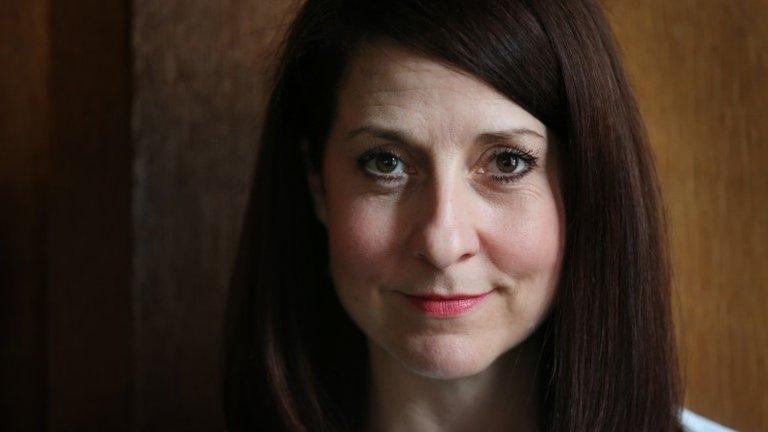What is Andy Burnham's programme for government?
- Published
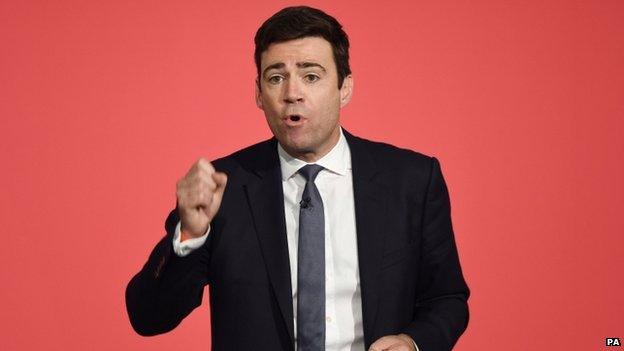
Andy Burnham says the Labour Party is crying out for a big vision, and has promised the most far-reaching reforms since the 1945 government.
He says his manifesto , externalhas something for everyone - even Conservative and UKIP supporters - and says his mission is to "turn the light of hope back on". So what is he promising to do?

Economy
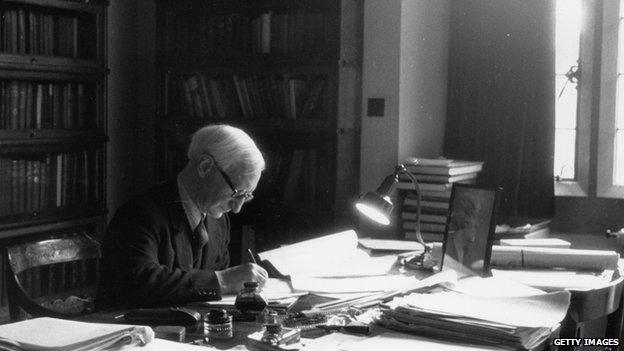
Andy Burnham would set up a commission he compares to the work of Sir William Beveridge in the 1940s
Mr Burnham rejects George Osborne's "punishing austerity" and criticises the Government for focusing almost exclusively on spending cuts to reduce the deficit. He promises a "balanced Labour plan" for a sustainable economy and tantalisingly, he proposes a "re-balanced tax system".
The tricky job of examining how to pay for some of Mr Burnham's policies will be given to a special commission. He calls it a Beveridge-style commission, harking back to the creation of the NHS in 1945. His commission would examine the pros and cons of a social care tax, a graduate tax and a land value tax to replace business rates.

Welfare
Mr Burnham says that if he was Labour leader the party would strongly oppose the Welfare Bill, which includes plans to limit child tax credit to two children. The issue has divided Labour with the acting leader Harriet Harman urging MPs not to vote against it.

Railways
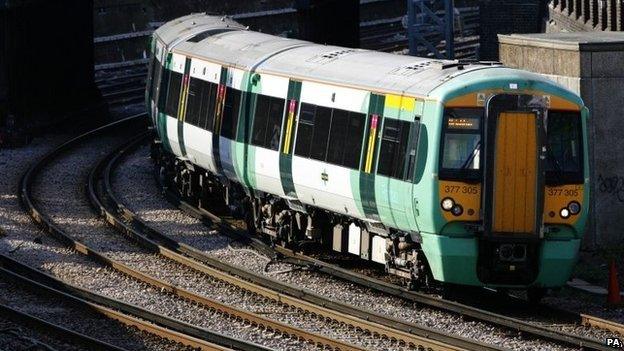
One of the more eye-catching proposals is the "line by line re-nationalisation" of the railways. There would be a new National Rail governing body and public operators would be allowed to compete with private firms to run services. Mr Burnham denies the policy is a "lurch to the left" - prompted by Jeremy Corbyn's apparent success. He says the idea has very broad appeal and thinks most Conservative and UKIP voters want to see the railways back under public control. As for funding the proposal, he believes the scheme would "finance itself".

Higher education
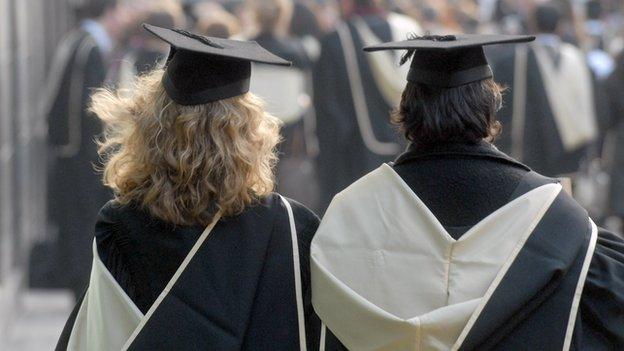
Mr Burnham is promising to end the system of students paying for their university courses through fees. He's proposing a graduate tax instead - to be considered in detail by his commission. It's another of the policies he thinks will have wide appeal, saying: "Nobody can agree with young people being weighted down with this millstone of debt as they start off on their adults lives. It's just not right, is it?"

Schools
Mr Burnham declares that he believes in comprehensive education and promises to "reinvigorate" it. He rejects what he calls the "growing market of free schools and academies" - schools that are not under local authority control but overseen by central government. Mr Burnham would like to see "robust local oversight" of all schools.

National Health and Care Service in England
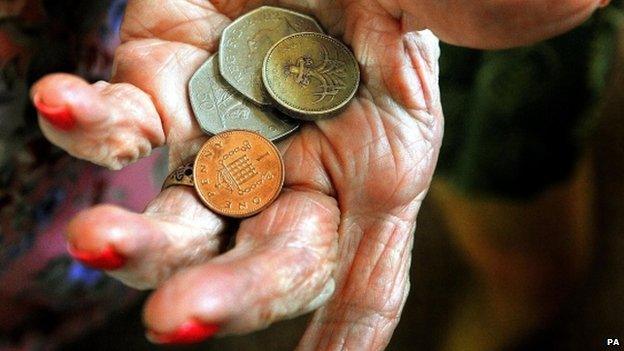
An end to "dementia tax" - Mr Burnham promises a new way to fund social care
Since seeing his grandmother go on a "depressing journey" through the care system, Mr Burnham says he's been on a mission to reform social care. He says Labour created the NHS in 1945 to free people from the fear of medical fees and it's time to do the same for care charges - which Mr Burnham calls a "dementia tax". He says it's a policy that will appeal to everyone, including those living in affluent parts of England "who don't want to lose everything they have worked for because they're unlucky enough to have Alzheimer's or dementia".

Employment
Mr Burnham would abolish the youth rate of the National Minimum Wage, currently £5.13 per hour. He would establish what he calls a "true living wage" and he would ban forced zero-hours contracts and unpaid internships. Employees would be able to request flexible working from day one and there would be season tickets on the railways tailored to part-time workers.

Immigration
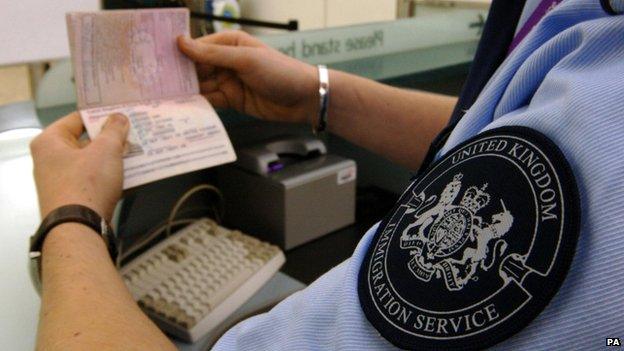
He would call for reforms to tackle immigration from within the European Union, including time restrictions on access to benefits or social housing, action to prevent wages being undercut and EU funding for public services in areas affected. Wants a Labour campaign to stay in the EU.

Housing
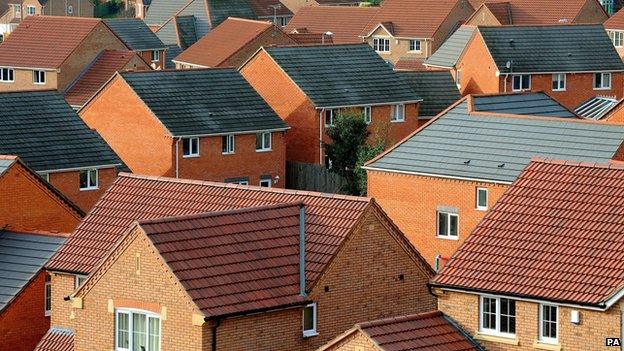
Councils would be allowed to borrow money to build new social homes and they would be given power to introduce rent controls in their areas. He propose developing the idea of "rent to own" - mortgages that don't require a deposit.

Political reform
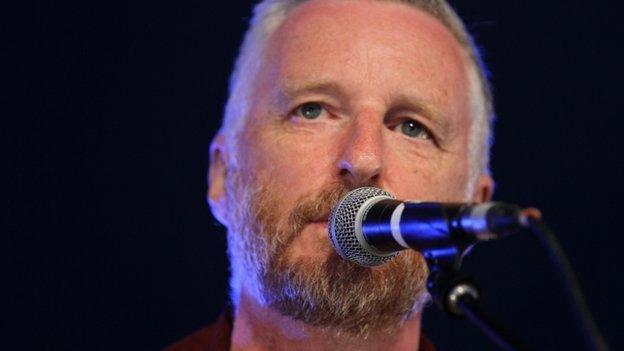
Billy Bragg and Andy Burnham - in tune on how to reform the House of Lords
Mr Burnham would look at introducing a system of indirect election to the House of Lords, based on Billy Bragg's "Secondary Mandate" proposals, external. He would also lower the voting age to 16. He promises that his Shadow Cabinet in Parliament would be drawn from diverse backgrounds and there would be equal numbers of men and women in the senior jobs.
- Published12 September 2015
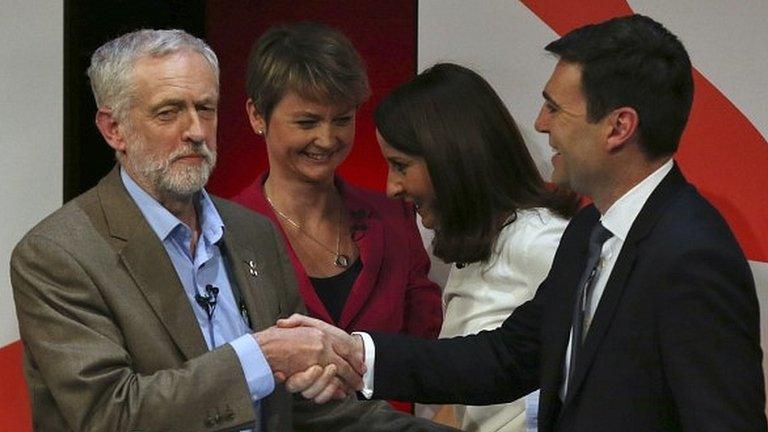
- Published14 August 2015
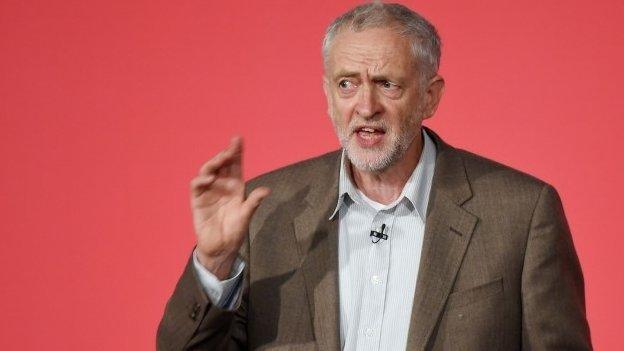
- Published12 August 2015
